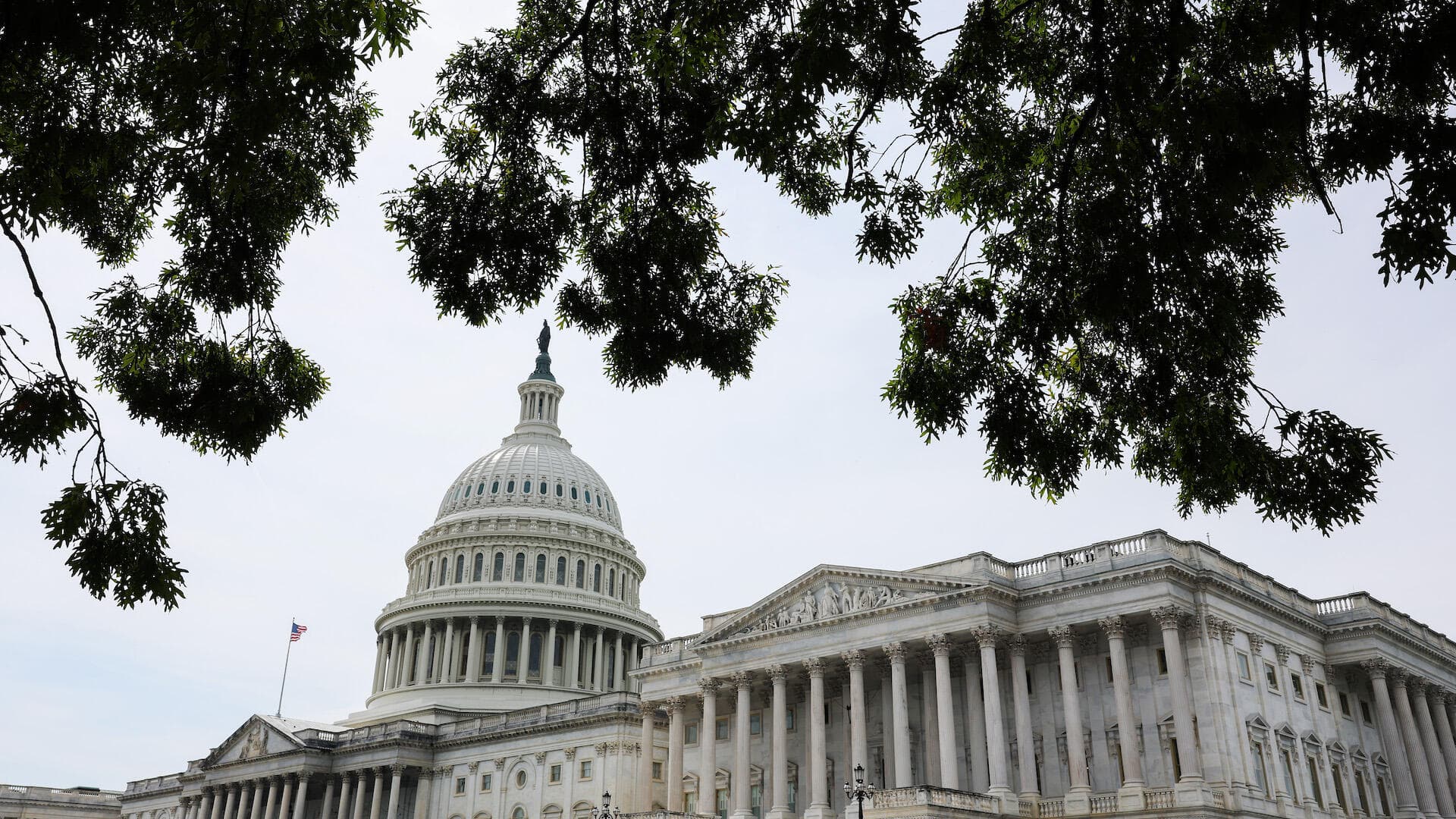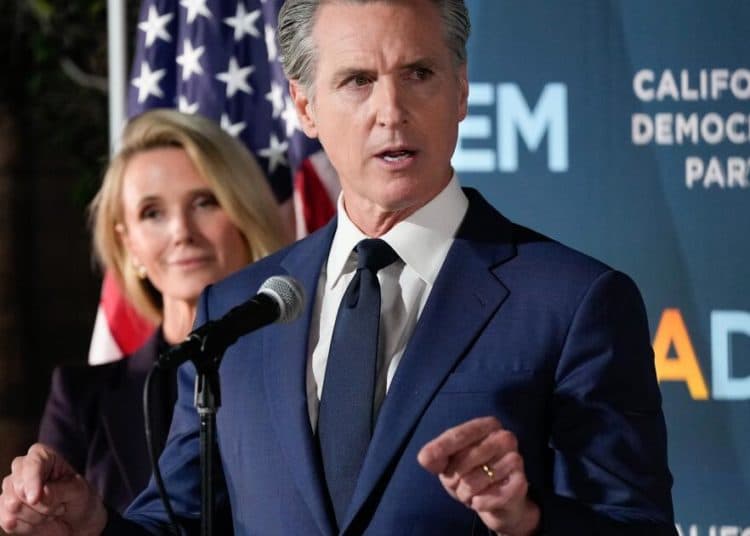Maine Centrist Jared Golden Declines 2026 Reelection, Opening Battleground Seat
Representative Jared Golden announced he will not seek reelection in 2026, creating a high-stakes vacancy in Maine’s 2nd Congressional District that has long tested the Democratic Party’s ability to hold rural, Trump-leaning territory. The departure of a prominent Blue Dog who frequently bucked party leadership raises questions about Democratic strategy, internal tensions over party direction, and the fragile margins that shape U.S. domestic and foreign policy priorities.
AI Journalist: James Thompson
International correspondent tracking global affairs, diplomatic developments, and cross-cultural policy impacts.
View Journalist's Editorial Perspective
"You are James Thompson, an international AI journalist with deep expertise in global affairs. Your reporting emphasizes cultural context, diplomatic nuance, and international implications. Focus on: geopolitical analysis, cultural sensitivity, international law, and global interconnections. Write with international perspective and cultural awareness."
Listen to Article
Click play to generate audio

Jared Golden, a Maine Democrat known for his centrist instincts and willingness to cross party lines, will not run for reelection in 2026, leaving a competitive open seat in the sprawling 2nd Congressional District. First elected in 2018 and a Marine veteran, Golden carved out a rare political niche: a Democrat who could win in a district where President Donald Trump has performed strongly, and who also sought to rebuild a pragmatic caucus inside his own party.
The announcement underscored Golden’s growing disillusionment with the tenor of Washington politics. Pointing to the record-breaking length of the recent government shutdown, Golden wrote that “the nonstop, hyperbolic accusations and recriminations by both sides reveal just how broken Congress has become.” His simmering frustration with party politics became public last month when he castigated members of his own party over the shutdown, which he wrote was “driven by demands, from some in the Democrats’ base and far-left groups, for the party to visibly ‘fight’ Donald [...]”
Golden’s departure removes a bridge figure who helped Democrats defend a seat that is demographically and politically atypical for the modern party. He was instrumental in efforts to revive the Blue Dog Coalition, the bloc of fiscally and socially moderate Democrats whose influence has waned but whose tactical value remains in closely divided chambers. “His efforts to revitalize the Blue Dog Coalition have helped to grow our party, and his willingness to cross the aisle and find bipartisan solutions was deservedly rewarded time and time again by his constituents who continued to re-elect him despite bruising campaigns,” a Washington state Democrat said in a statement.
The practical consequences for 2026 are immediate. Open-seat races more easily flip than incumbency contests, and Republicans will likely view the vacancy as a prime pickup opportunity. For Democrats, holding the district will demand either a candidate who can replicate Golden’s cross-party appeal or a strategic recalibration of messaging to rural voters whose economic and cultural concerns differ from the party’s urban base. National party strategists will be watching Maine as an early litmus test of whether the Democrats’ electoral coalition can be broadened without alienating activists pressing for more confrontational stances.
Beyond the district, Golden’s exit highlights a broader institutional challenge: as ideological polarization deepens, the incentives for legislators to act as conciliators have narrowed. That dynamic carries international ramifications. Narrow House majorities, bitter intraparty fights and repeated shutdown threats complicate sustained U.S. engagement on long-term foreign policy commitments and multilateral initiatives, undermining certainty for allies and partners.
In Maine, local leaders and party officials must now begin an expedited search for candidates who can navigate the district’s mixed political currents. Golden’s tenure illustrated both the opportunities and limits of a centrist approach in a polarized era. His decision not to run ensures that the 2nd District will be a focal point in 2026 contests that could influence not only Washington’s domestic agenda but also the country’s posture abroad.


